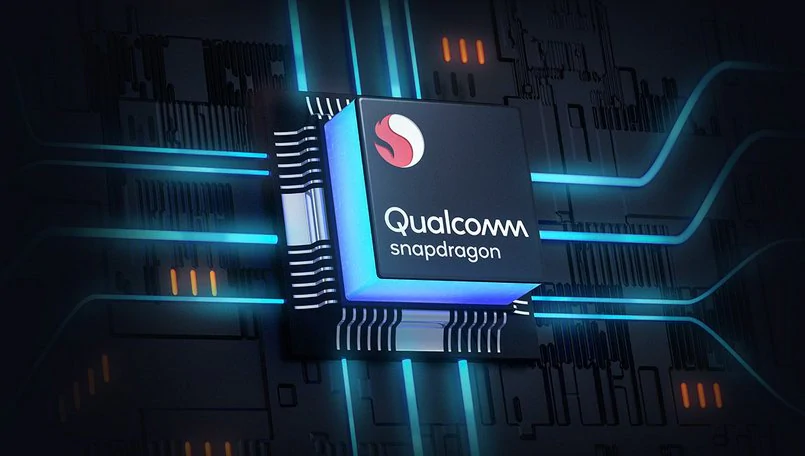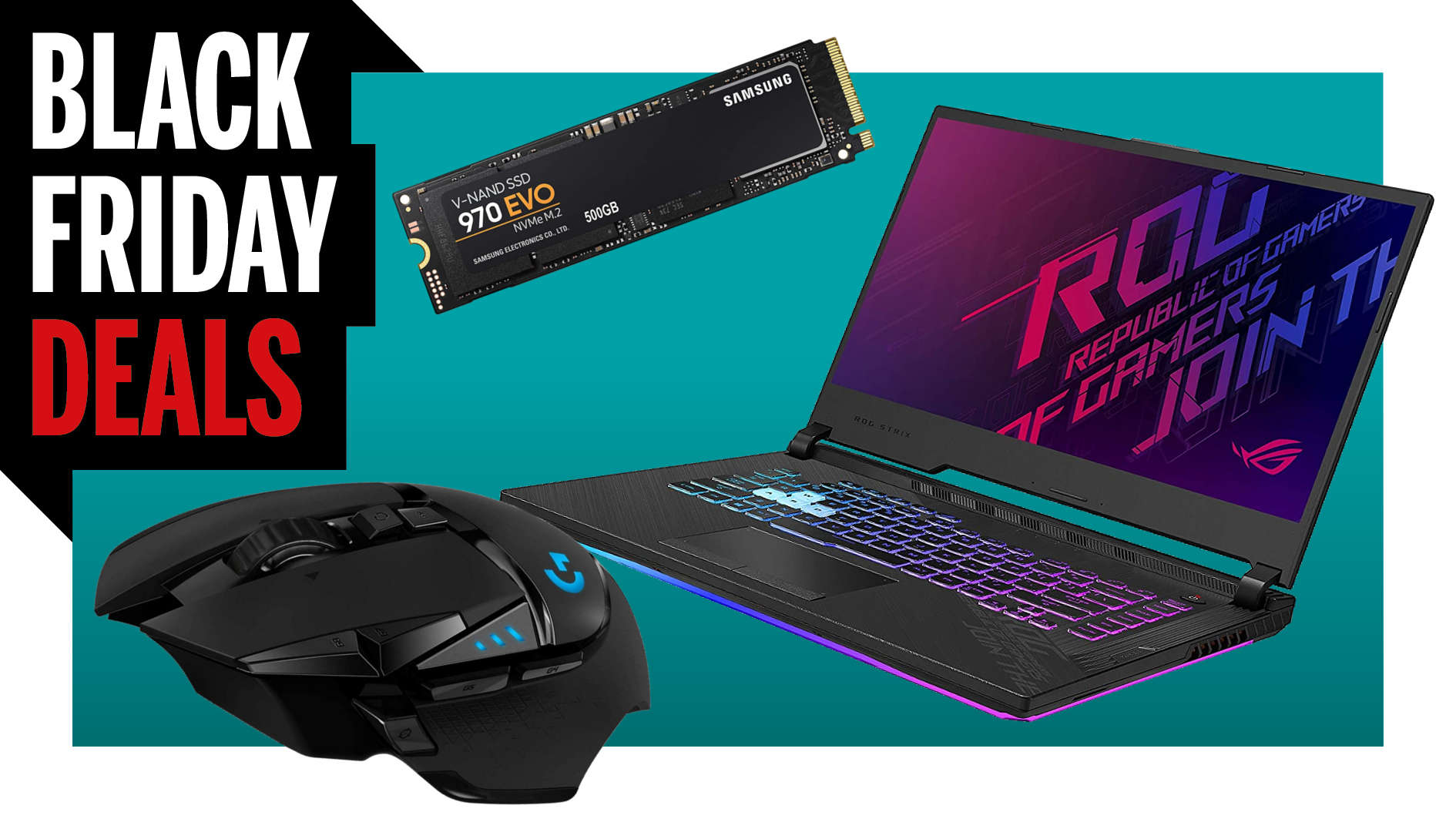Qualcomm gears up to challenge Intel, AMD and Nvidia
Could the PC hardware industry be headed for a major shakeup?

Qualcomm, known for its Snapdragon ARM SoC’s, claims that the company is "very well positioned to be the preferred platform for PCs, in the inevitable transition to ARM." The comments came during the company’s 2021 investor day presentation. It’s a very big statement.
Snapdragon System-on-Chips (SoCs) are often found in high performance mobile devices thanks to their very good performance per watt, a trait that's common to ARM devices in general, but they don’t have the raw performance to compete with established CPUs from Intel and AMD. That could be changing if new ARM cores from Nuvia, a recently acquired division of Qualcomm, can deliver performance that you'd expect from a PC with a good spec or a high-performance gaming laptop.
The Nuvia designed CPU cores are being designed from the ground up to support PC workloads, where there's a lower emphasis on power efficiency. Additionally, as reported by Tom's Hardware, its Adreno GPUs are being designed to scale up to the levels of discrete PC graphics cards. Of course, that means they could land anywhere between a GTX 1050 or an RTX 3080, but if you let your team design a GPU with 20x the power budget of a phone GPU, the resulting performance could be very interesting indeed.

Black Friday 2021 deals: the place to go for the all the best early Black Friday bargains.
ARM devices are gradually making inroads beyond the mobile market. Apple is committed to ARM with its excellent and stunningly efficient M1 SoC’s. Nvidia, which lacks an x86 license, is looking to buy ARM outright and Microsoft is ramping up its efforts to support the ARM ecosystem with its upcoming Windows 11 Android app support. Windows support is something that’s seen as a vital step on the path to widespread ARM adoption.
But, there’s a long way to go. Decades of entrenched software development practices mean that a vast amount of PC applications and games alike will need to be redeveloped to support ARM instruction sets, a task that’s easier said than done. Emulation alone won’t extract the most from software or hardware. If Qualcomm is able to break into the high-performance computing market, it will keep Intel, AMD and Nvidia on their toes, particularly as their products trend towards ever higher power consumption levels. More competition and better choice for the consumer is always welcome. Qualcomm is on track to release its high performance Nuvia design in 2023, with prototypes in mid-2022.
While you wait to see what Qualcomm can deliver, you might be able to snare a Black Friday bargain. Do check out our Black Friday CPU deals page. Black Friday in 2023 could be interesting if ARM CPUs and Adreno GPU achieve competitiveness with Intel, Nvidia and AMD, not to mention that big company with a fruit logo.
Keep up to date with the most important stories and the best deals, as picked by the PC Gamer team.

Chris' gaming experiences go back to the mid-nineties when he conned his parents into buying an 'educational PC' that was conveniently overpowered to play Doom and Tie Fighter. He developed a love of extreme overclocking that destroyed his savings despite the cheaper hardware on offer via his job at a PC store. To afford more LN2 he began moonlighting as a reviewer for VR-Zone before jumping the fence to work for MSI Australia. Since then, he's gone back to journalism, enthusiastically reviewing the latest and greatest components for PC & Tech Authority, PC Powerplay and currently Australian Personal Computer magazine and PC Gamer. Chris still puts far too many hours into Borderlands 3, always striving to become a more efficient killer.

